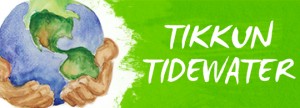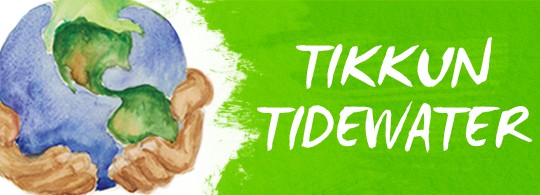 Sunday, April 14, 1–4 pm
Sunday, April 14, 1–4 pm
Avoiding the Desert to Find Enlightenment
Starting with the evening of the second seder, we have been in the period known as Sephirat HaOmer, often called Sephira for short, or in English, the Counting of the Omer. During the sevenweek Sephira season, we ritually count every day and every week, and the counting culminates on the 50th day with the holiday of Shavuot. For historical reference, the first Sephira began with our first night in the desert on our way to the Red Sea and ends with our receiving the Torah at Mt. Sinai 50 days later. Because of the seriousness of the journey and the expectation of our encounter with God, during Sephira many people observe mourning customs like not shaving and not planning celebrations like weddings.
Being the place for serious reflection is a role the desert plays through the whole Torah. In fact, the Hebrew word for ‘desert,’ midbar, comes from the same root as the word for ‘speak,’ midaber. Taken literally, the desert is the place that speaks to us, or the place where God speaks to us. The desert is a place for serious reflection and communication with things that are not usually visible.
Today the desert can inspire us to a different sort of reflection, because there is a lot more of it than ever before in human history. Due to drought and desertification each year, almost 30 million acres are lost (57 acres/minute!), where 20 million tons of grain could have been grown. Land degradation affects 1.5 billion people globally. Of course, being in Tidewater, there is another kind of desert we have to worry about. Whatever the cause, the rising sea levels threaten to make additional vast quantities of land uninhabitable. The spiritual idea of the desert was always to go to the desert to find enlightenment, but with a rate of desertification 30 to 35 times the historic rate, we seem to be trying to bring the desert to us.
At the end of their 49-day journey through the desert, the Jewish people receive the Torah with its mitzvot designed to help us sense holiness in the world even when we are not in the desert. Hopefully we can all heed that example and adopt our own set of rules to turn the tide of the desert and make sure this beautiful world, the greatest gift from God, continues to be a place that can support us and the other seven billion people who live here. After all, being a steward of Creation was a task given to Adam and Eve long before Sinai. It is a responsibility for all of us.
In that spirit, on Sunday, April 14, on the 19th day of the Sephira, several of our Jewish communal organizations are hosting Tikkun Tidewater. These groups, assisted by many of our community’s teens, will be collecting those hard to recycle items such as cell phones, VCRs, PC towers/ desktops, circuit boards, keyboards, iPods/ MP3 players, digital cameras, electronic notebooks/laptops, computer mice, cables/ cords, eye glasses (No sunglasses), hearing aids, plastic grocery bags, prescription and non-prescription medications, including pet medications, and household batteries (No car batteries).
Just drive up with recyclables and volunteers will unload them and make sure they get to the correct collection bins.
So, this year while recovering from Passover and putting the house back in order, or while doing regular spring cleaning, keep an eye out for those used electronics, eye glasses and other items. The Jews of the desert learned at Sinai that in order to lead a fulfilling, productive life, rules and guidelines were needed for living; so too, there are guidelines to be followed to keep our world livable and beautiful. We need to make a conscious effort to take care of the great gifts God gave us by recycling and being careful about our consumption. Tikkun Tidewater is a great opportunity to make it easy to follow those guidelines and do our part.
by Rabbi Jeffrey M. Arnowitz

